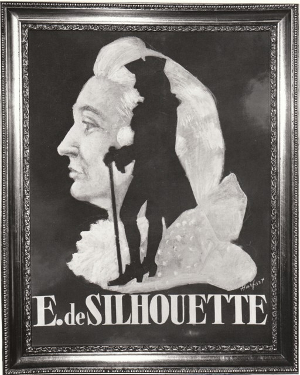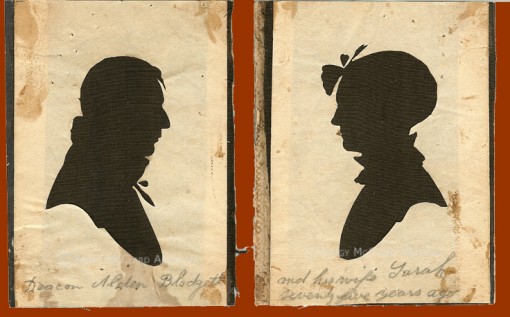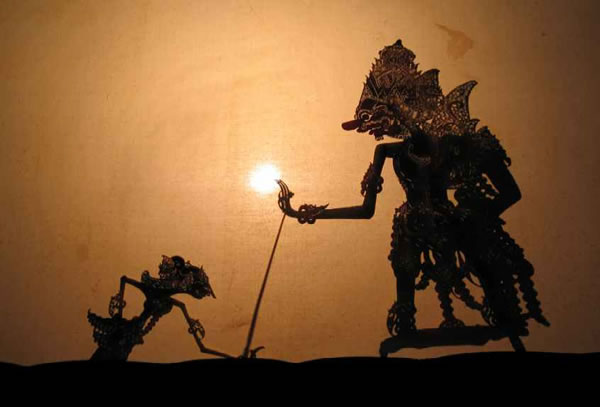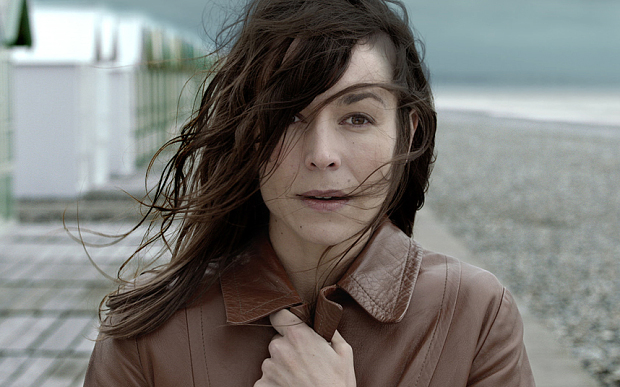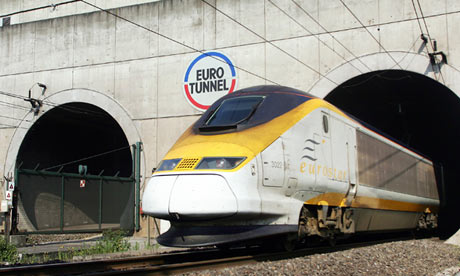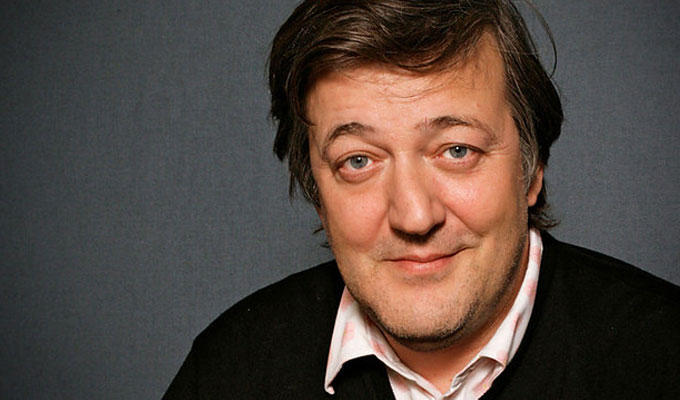The Economist has been looking at how Arabic words find their way into French, particularly French street slang, through the communities of North African origin. We’ll take a proper look at the links of language and culture between France and the countries of the Maghreb (a region including Morocco, Algeria, Tunisia and Libya, and perhaps Mauritania and the disputed Western Sahara) in posts to come. For now, though, here are a few tips you may find useful if you want to hang out with the French cool kids:
WITH a bright “Wesh meuf!” a French teenager hails a friend in slang that would appal linguistic purists. It is the sort of counter-cultural vernacular usually heard on the concrete estates of the outer-city banlieues, where French youngsters of Arab and African descent have long devised an alternative lexicon. But this greeting comes from a white middle-class girl in a posh high school near Paris. Is mainstream French, whose guardians have traditionally fought contamination, embracing more playful disruption than the purists like to think?
The word wesh, from Wach rak? (How are you?) in an Algerian dialect of Arabic, has crossed into mainstream youth culture in all but the snootiest corners of urban France. Meufis a common word in verlan, the French backwards slang that spread in the banlieues in the 1970s and 1980s and which inverts syllables: it upends femme, French for woman. Plenty of other banlieue terms based on Arabic have edged towards the mainstream too, often via rap music, hip-hop or cinema, such as kiffer (to like or love, from kif, the Arabic word for cannabis). This word features in the title of a French novel, “Kiffe Kiffe Tomorrow”, by Faïza Guène. The French embassy even ran a cultural festival in New York entitled “I kiffe NY”.
Some words have become so firmly established in mainstream French (avoir la baraka, or to be lucky, from the Arabic for benediction) that they are considered passé by today’s youth. More contemporary street slang includes avoir le seum (to be annoyed, from the Arabic for poison). Other terms have yet to cross over from the banlieue, their incomprehensibility part of their angry charm.
Until recently, occasional official appropriations of street slang did not imply real linguistic openness. France maintains strict rules limiting the use of foreign words in advertising, packaging or songs on the radio. In 2013 language inspectors investigated 8,475 cases of linguistic rule-breaking. The Académie Française sees English as the “real menace”, and suggests handy alternative French vocabulary for new offenders, such as mot-dièse for hashtag.
Yet to mark French language week earlier this year, Fleur Pellerin, the (South Korean-born) culture minister, gave an important speech in which she applauded “the capacity of our French language to welcome new or foreign words”. Quoting Victor Hugo, she said that French was “not fixed” and that importing and innovating was a source of enrichment. The country’s grand dictionaries now accept some English words, such as le selfie, and some Arabic ones, such as caïd (gang leader). The 2014 edition of “Le Petit Robert” listed chelou, verlan for louche (weird).
In reality, French has borrowed Arabic words such as “algebra” and “tariff” since the Middle Ages, and incorporated others, such as bled (village), from the period of French rule in Algeria in 1830-1962. Bred by defiance, street slang by nature resists any stamp of approval, and mutates in response. Since verlan was partly devised as a verbal rebellion against French as the language of colonisation, though, there is something fitting about the ex-coloniser’s language at last embracing the creative result of that revolt.
And while we’re on the subject, if you’d like to test your knowledge of up-to-the-minute French slang, Libération has a handy multiple choice quiz you can try, entitled, Wesh, vieux, tu parles le jeune? Follow the link to have a go.


